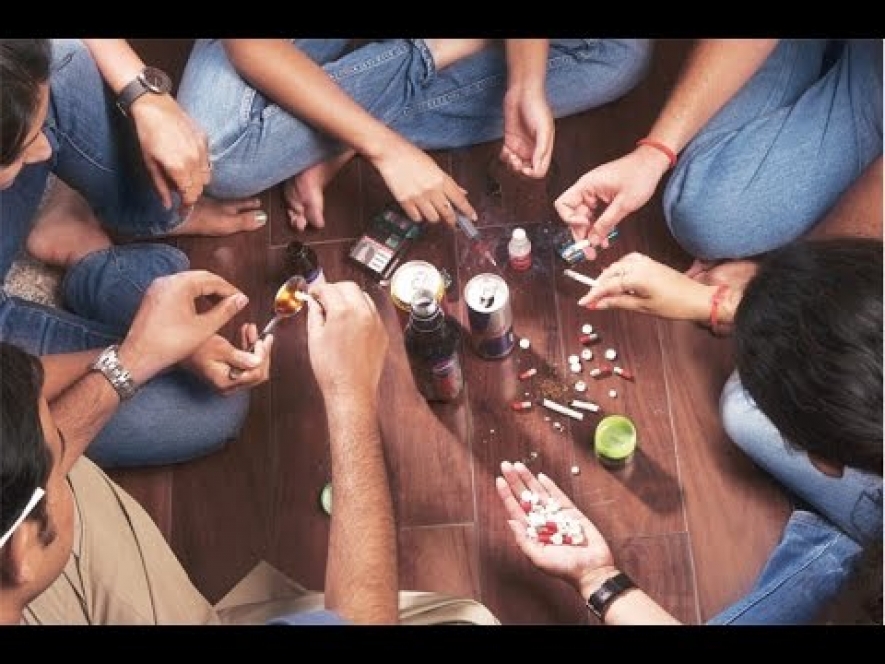The government takes measures to prevent intoxicants going into the hands of schoolchildren, with the support of the Community Police, said Minister of Law and Order and Southern Development Sagala Ratnayake.
He said the Presidential Task Force is also taking measure to arrest the situation. He said principals, teachers and parents will be educated to control the situation.
He made these observations in response to a question raised by UNP Matara District MP Buddhika Pathirana.
The students arrested were later directed for treatment at a centre in Hendessa, Kandy where they had been subjected to three month indoor psychiatric treatments.
Parliamentary Reforms and Mass Media Minister Gayantha Minister Karunathilake said they have been given an opportunity to learn subjects relevant to the school syllabus, fine arts and vocational training courses, psychological counselling and personality development activities, sports, music, arts and literature.
MP Pathirana said narcotics under various names, including Babul, Beeda, tablets, fragrant areacanut, chewing tobacco were being sold in boutiques close to schools.
He said in a recent incident, a schoolchild who was peddling narcotics in his underwear and selling them to other students travelling with him in school bus was caught by some students and handed over to Homagama Police. MP Pathirana asked as to what action the government had taken to arrest the situation.
Minister Karunathilake said 137 programmes had been conducted during 2013 to educate 21,605 students, 319 programmes for 70,322 students in 2014 and 564 programmes for 99,956 students in 2015 to increase their awareness and change attitudes towards drugs.
Minister Karunathilake said that among those programmes were drug prevention educational programmes through lectures, seminars and dialogues focusing students, contributing towards changes in attitudes through group activities, planning and implementation of programmes including activities such as self-reliance, fruitful communication methods and interpersonal communication and emotional and stress management, organizing and educating and training workshops for teachers, principals and parents, to take arrangements to prevent children from isolation, understanding them, drawing special attention to them, to maintain a healthy relationship between parents and children and thereby creating a peaceful family environment.




















